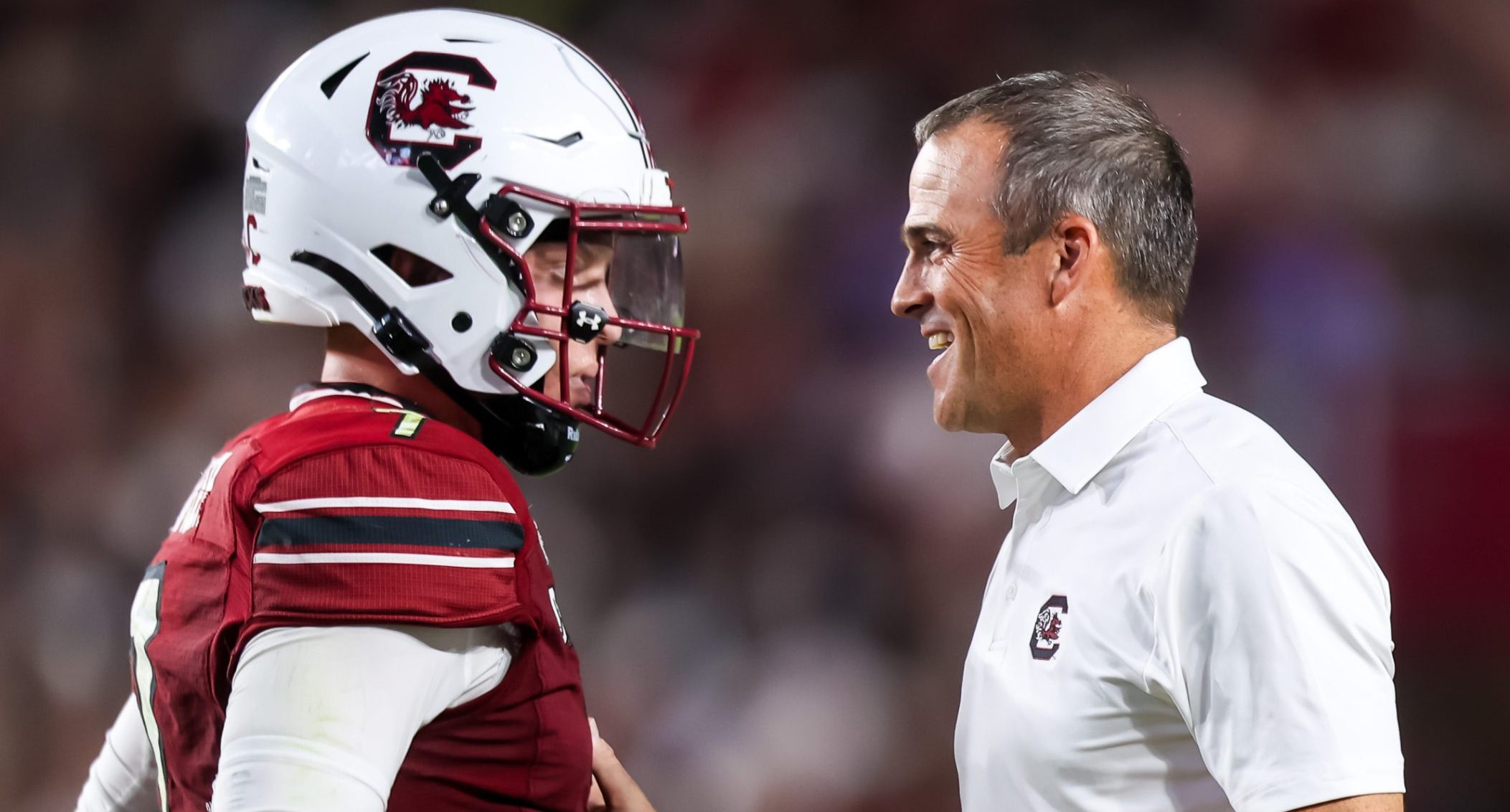A difficult part of the sports media landscape has always been around reporters and columnists signing book deals with athletes (past and present) or coaches. Those deals are quite common, and they frequently involve the athlete or coach teaming up with a professional writer for an “autobiography.” However, that can sometimes lead to issues if the writer is still covering the person in question for a media outlet, especially if that’s not disclosed to readers or viewers.
That was seen in a recent controversy with The New York Times, with that paper running an article by long-time reporter Karen Crouse praising former Olympian and current NBC commentator Michael Phelps’ impact on this current U.S. swimming team back in June. The Times later added an editor’s note about Crouse’s work with Phelps on an upcoming book after taking criticism for this. They then suspended Crouse in the wake of that, and Crouse said Friday she’s resigned from the paper:
https://twitter.com/bykaren/status/1421116823567671300
It’s notable that Crouse’s resignation may well have come even if there had been no controversy and no suspension from the Times here. It’s a matter of record that she already had the book project with Phelps lined up before this suspension. And her writing and reporting has long been respected by people in many sports, so it’s quite possible there were already other projects ahead for her.
The chief problem in a situation like this is disclosure. The existence of a book or TV project with a subject of current reporting is maybe an issue if it’s disclosed, but also maybe not. At the very least, that lets the outlet in question apply an appropriate disclaimer to the piece, and that gives readers relevant information on where the author is coming from.
Beyond that, advance disclosure maybe lets outlets assign someone else to the story to avoid even the perception of a conflict. And advance disclosure and either appropriate editorial notes with a story or total reassignment of the story to someone else is often beneficial to readers and viewers. There are many conflicts of interest in the sports media, and it’s important for consumers to be informed of them. That doesn’t mean people who have written or are writing a book on a subject can never cover them again (and the sports media world would be dramatically changed if we went by that interpretation of the rules), but it can be valuable for readers to know that writer’s history with the subject.
At any rate, it’s notable to see Crouse leaving the Times and moving on to other projects. We’ll see how her book with Phelps turns out, and we’ll see what she does next.







